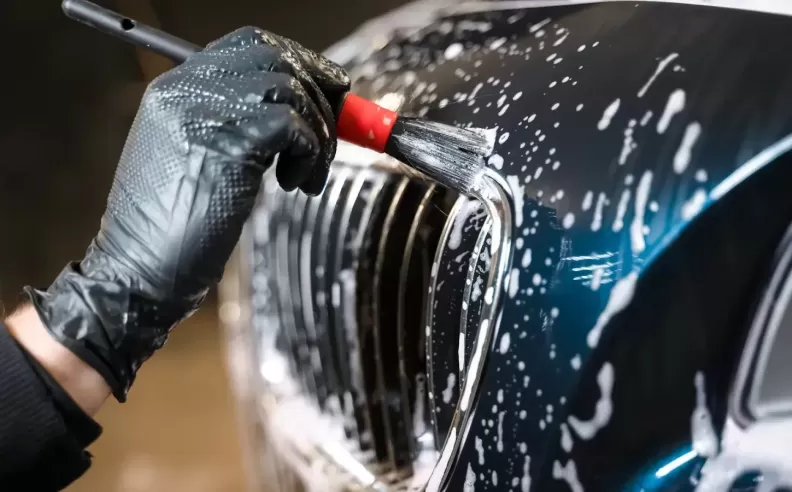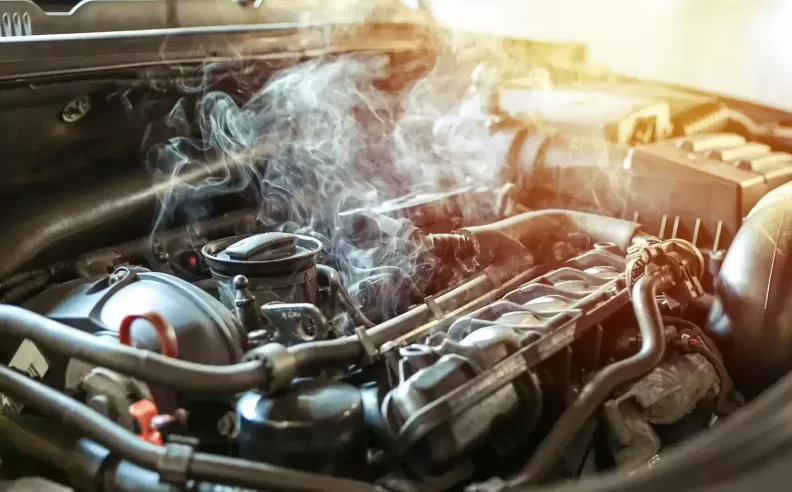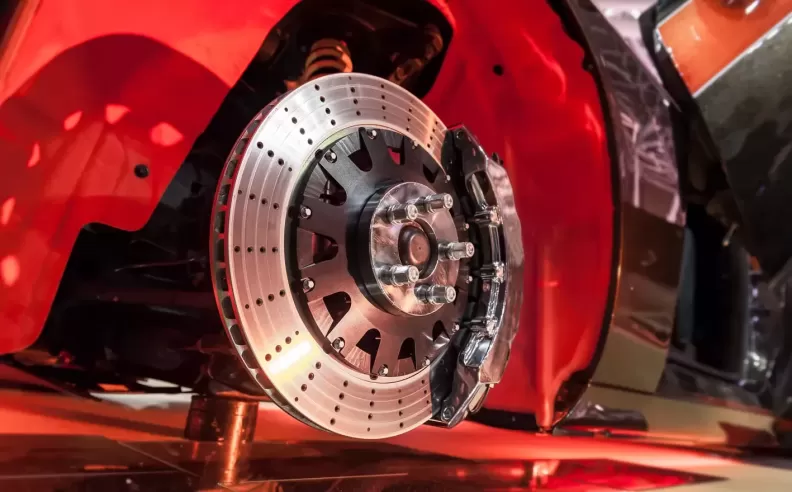
When it comes to vehicle maintenance, few components are as critical to your safety as the brakes. Reliable brakes are essential for stopping your vehicle promptly and securely, preventing accidents and potential injuries. Regular brake changes are a crucial aspect of vehicle upkeep, ensuring optimal performance and peace of mind on the road.
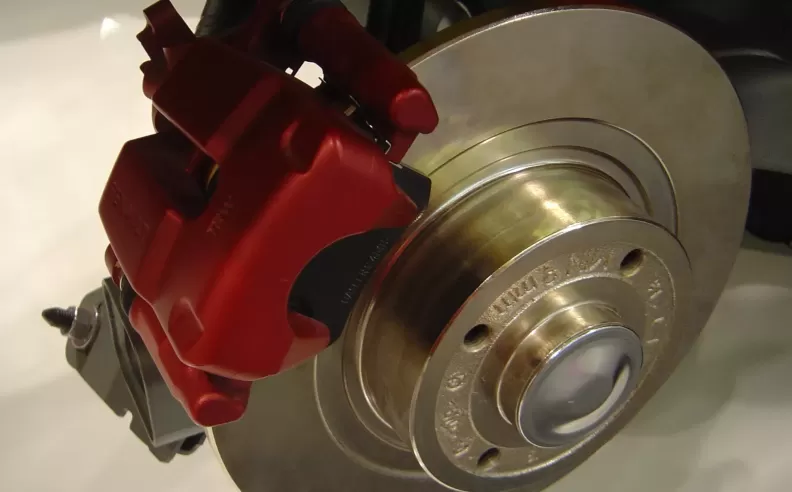
Brakes are a fundamental part of any vehicle's safety system. Their primary function is to convert kinetic energy into heat energy, enabling the vehicle to slow down or come to a complete stop. A well-maintained brake system is essential for maintaining control and ensuring the safety of the driver, passengers, and other road users.
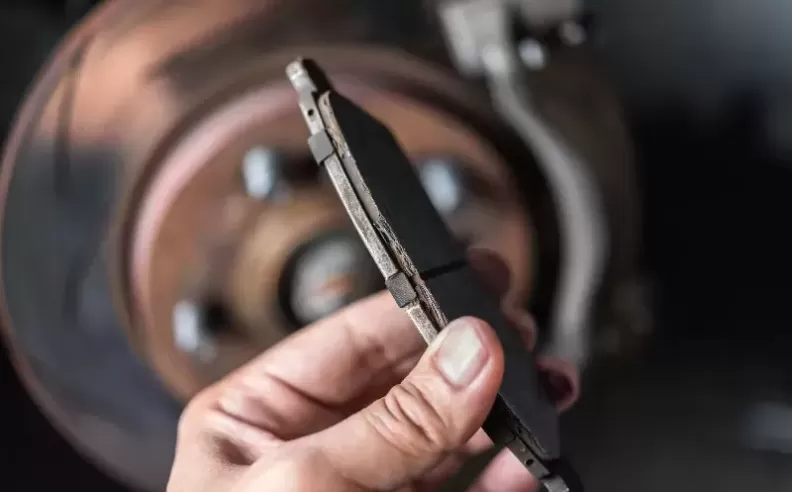
Knowing when to change your vehicle's brakes is vital. While the exact lifespan of brake components depends on various factors, such as driving habits and environmental conditions, several common signs indicate the need for a brake change:
a. Squeaking or Grinding Noises: Unusual noises when applying the brakes, such as squeaking or grinding, often indicate worn-out brake pads. These sounds are caused by the brake pad's wear indicator, designed to make noise when it's time for a replacement.
b. Reduced Responsiveness: If you notice a delay or lack of responsiveness when you apply the brakes, it may indicate a problem with the braking system. This can be due to worn-out brake pads, a decrease in brake fluid levels, or issues with the brake lines.
c. Vibration or Pulsation: A vibrating or pulsating sensation when applying the brakes can suggest warped brake rotors. This condition can compromise braking performance and should be addressed promptly.
d. Warning Light Activation: Modern vehicles are equipped with warning lights on the dashboard that illuminate when there's an issue with the braking system. If the brake warning light appears, it's essential to have the brakes inspected and serviced immediately.
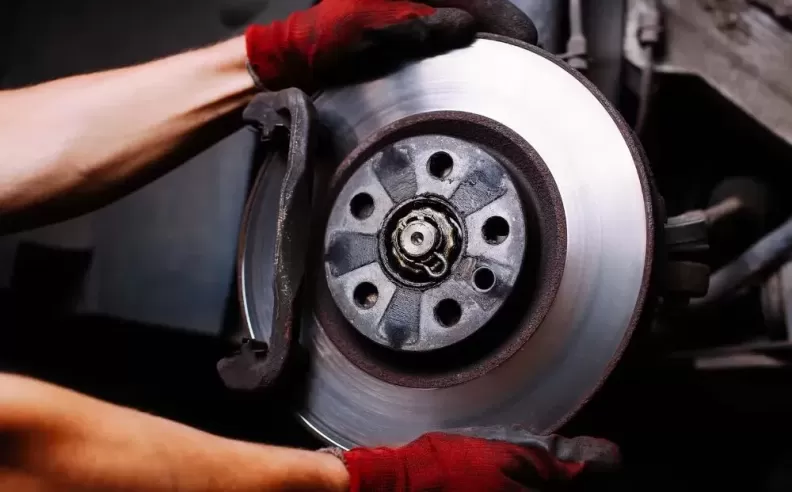
Regular brake changes are essential for maintaining the overall performance and safety of your vehicle. Here's why:
a. Safety: Worn-out brakes compromise your ability to stop your vehicle quickly and effectively, significantly increasing the risk of accidents. Regular brake changes ensure optimal braking performance, allowing you to respond swiftly to any potential hazards on the road.
b. Preventing Costly Repairs: Ignoring worn brake pads can lead to further damage to the braking system, such as rotor damage. By replacing the brake pads on time, you can prevent more extensive and costly repairs down the line.
c. Longevity of Other Components: Timely brake changes also contribute to the longevity of other braking system components. By replacing brake pads before they wear out completely, you reduce the risk of damage to the rotors, calipers, and brake lines.
d. Peace of Mind: Knowing that your brakes are in excellent condition provides peace of mind while driving. It allows you to focus on the road ahead and enjoy a confident and secure driving experience.
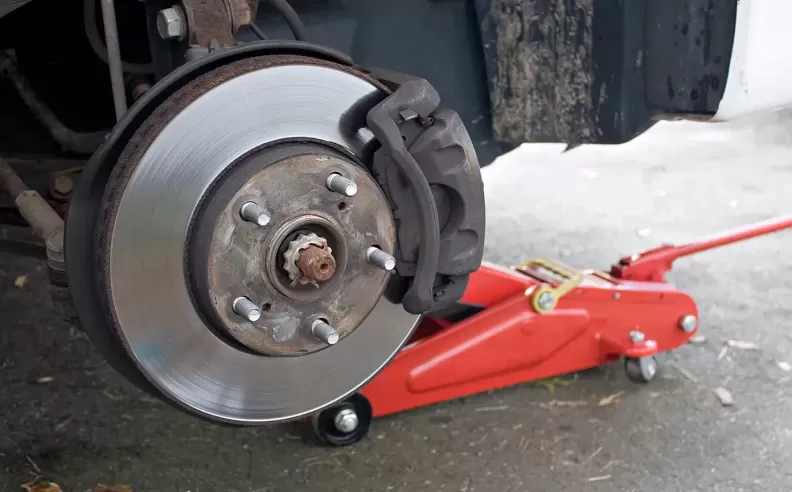
Regular brake changes are a critical part of vehicle maintenance that should never be overlooked. By paying attention to the signs that indicate the need for brake replacement and acting promptly, you prioritize your safety and the safety of others on the road. Remember, brakes are not only vital for stopping your vehicle but also for ensuring reliable and confident driving. Schedule regular inspections and stay proactive in maintaining your brakes to enjoy a safe and enjoyable driving experience.

Wael is an automotive content writer specializes in creating written content for Motor 283. Producing a wide range of content, including blog posts, articles, product descriptions, reviews, and technical guides related to cars, trucks, motorcycles, and other vehicles, with an unprecedented passion for cars, and motorcycles.
